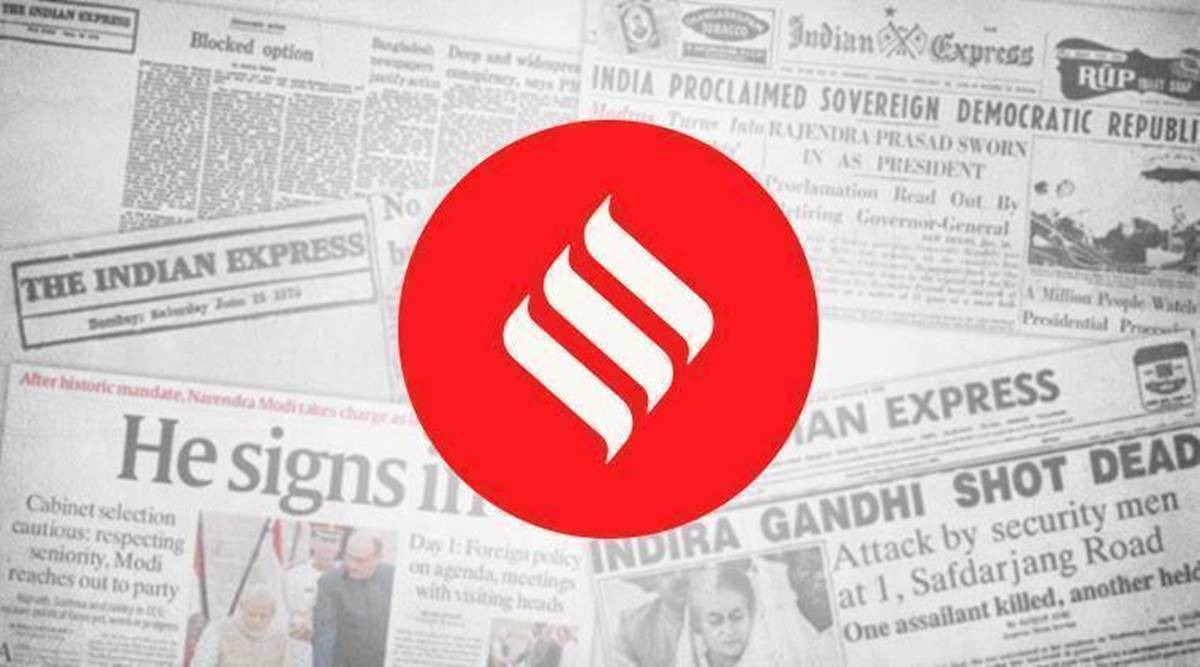 India, by contrast, imported only 1.5 per cent of its entire crude from Russia in 2020-21, while marginally going up to 2.3 per cent during April-January 2021-22.
India, by contrast, imported only 1.5 per cent of its entire crude from Russia in 2020-21, while marginally going up to 2.3 per cent during April-January 2021-22. Finance Minister Nirmala Sitharaman has confirmed that India has already received “3-4 days” worth of crude oil supply from Russia at hugely discounted prices, amid Western warnings on trade with Moscow. If fuel is available at a discount, why mustn’t India buy, she has said, while putting the country’s “national interest” and “energy security” first. Her statement reinforces what External Affairs Minister S Jaishankar earlier pointed out: Countries importing much of their energy requirement from Russia shouldn’t harangue others. Russia supplies over a quarter of the European Union’s petroleum crude and 38 per cent of natural gas imports, which has hardly changed even with the war in Ukraine. India, by contrast, imported only 1.5 per cent of its entire crude from Russia in 2020-21, while marginally going up to 2.3 per cent during April-January 2021-22.
It’s possible the Russian share in India’s imports may significantly rise in the coming months, especially with the sanctions-hit nation reportedly offering its crude at up to $35-per-barrel discounts. The discount is, moreover, on prices before the war, implying an even larger reduction over current levels. With Brent crude continuing to trade at nearly $105/barrel — above the pre-war level, although down from the March 8 peak closing of $127.98 — why shouldn’t India take the Russian offer? This is more so when the countries that unilaterally imposed sanctions, ostensibly to diminish Russia’s war chest, are continuing to source from it. India’s bilateral trade with Russia is quite small: some $7 billion of imports and $3 billion exports annually. That can potentially increase with India purchasing more Russian crude, and the proposed rupee-ruble trade-cum-dedicated payment mechanism to bypass Western sanctions. Since India has to “earn” the rubles in order to pay for higher fuel, fertiliser and other imports from Russia, it also opens up the scope for greater exports — be it pharmaceuticals, tea and textiles or buffalo meat, sugar, rice and dairy products — to the latter. Russia, after all, requires many of these items that it cannot currently import due to the sweeping financial sanctions.
By placing upfront its economic interests, India has clearly signalled non-acceptance of any sanctions regime unilaterally imposed by nations that are themselves opportunistically violating —for instance, access to the SWIFT messaging network has not been cut off for Russian banks specifically designated for energy trades. US sanctions in the past had forced India to curtail Iranian oil imports, which plunged from 24 million tonnes in 2018-19 to zero by 2020-21. The Russian aggression against Ukraine deserves to be condemned in the strongest possible terms. But neither India nor the world can afford oil prices staying elevated at $100-plus per barrel. And sanctions, apart from inflicting unnecessary costs, cannot substitute for diplomacy and dialogue.
- The Indian Express website has been rated GREEN for its credibility and trustworthiness by Newsguard, a global service that rates news sources for their journalistic standards.

